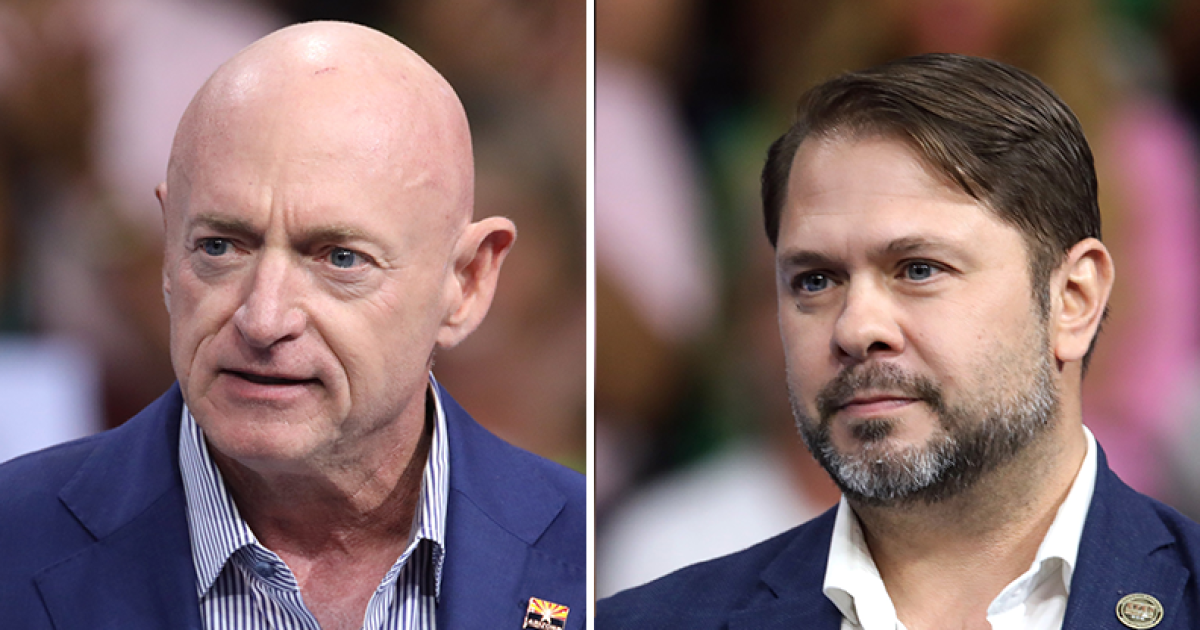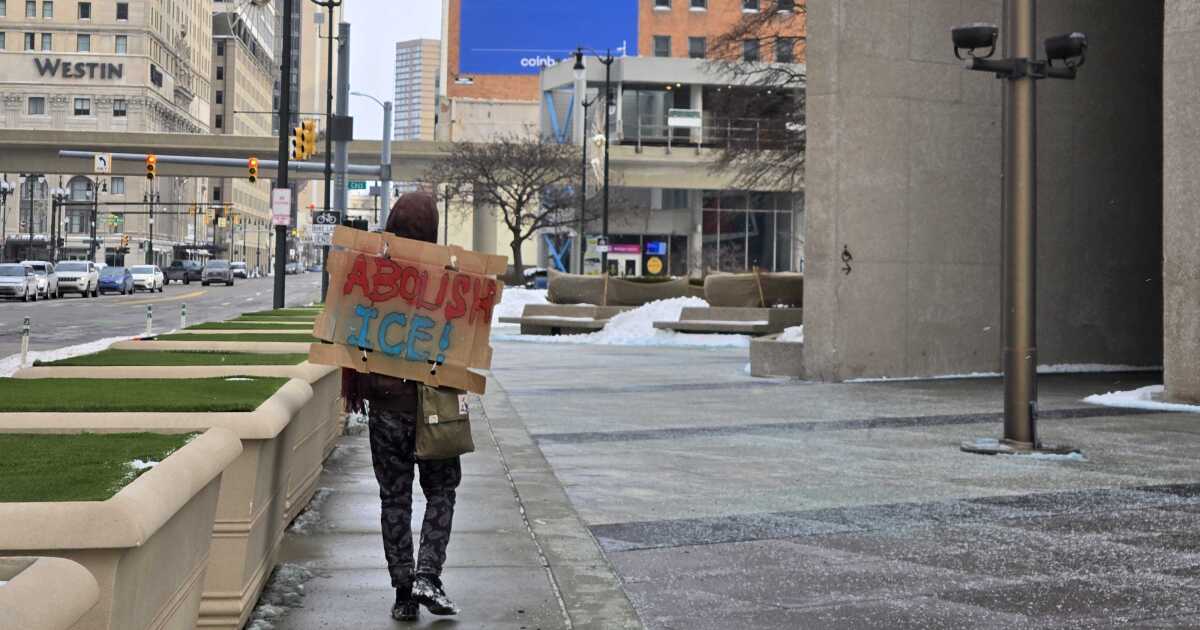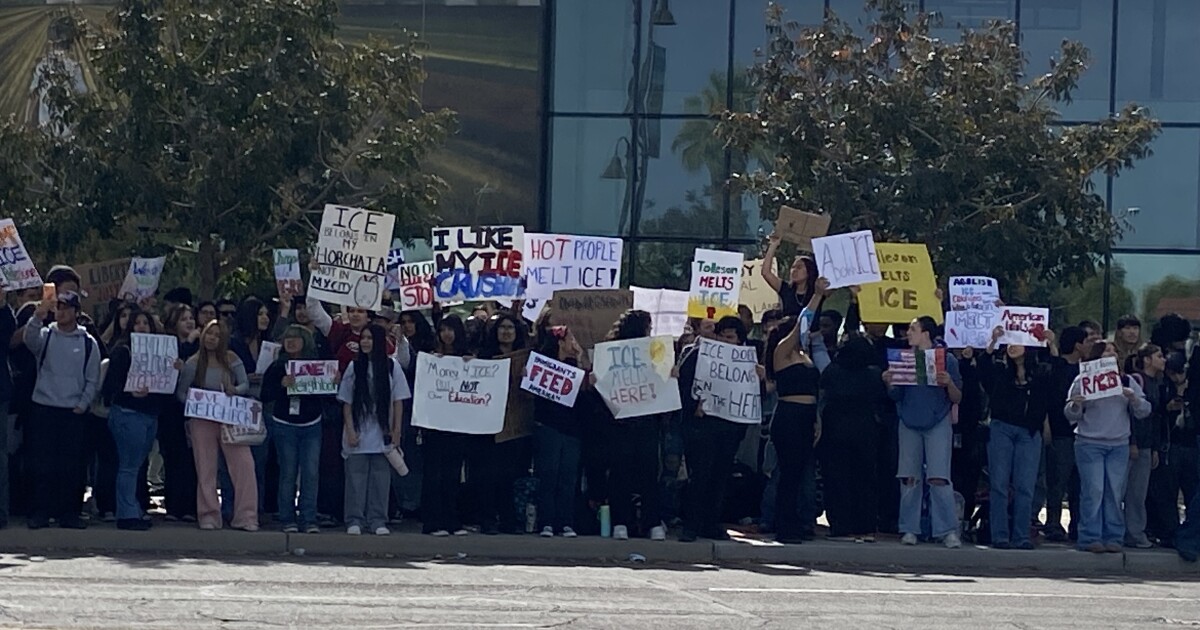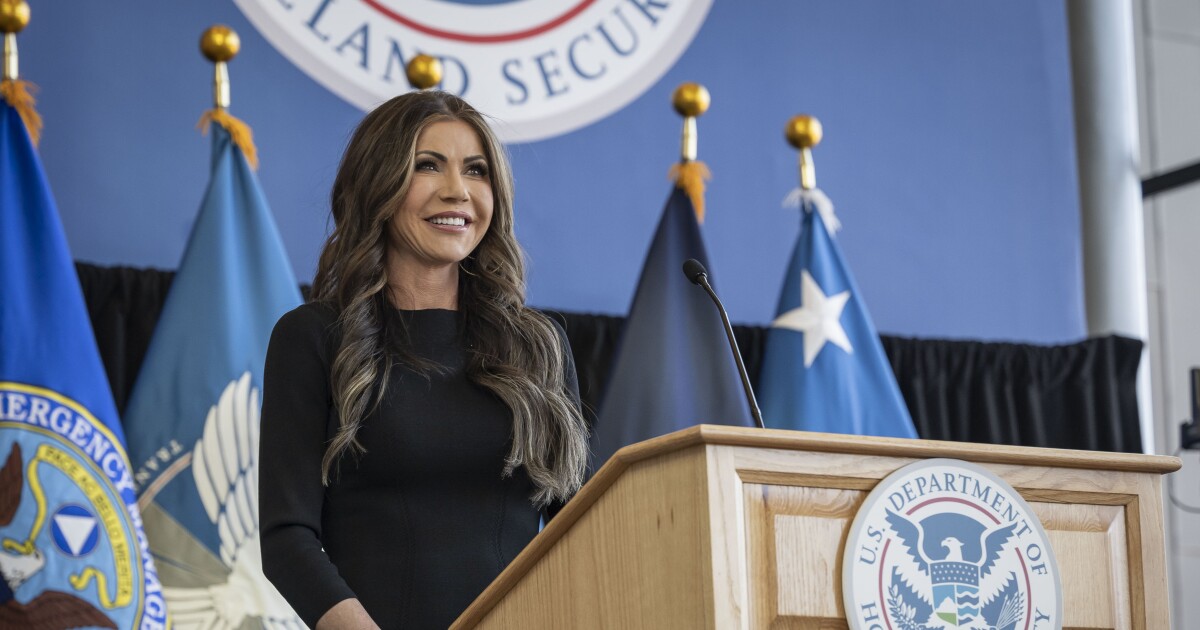Charges Dropped Against Protesters at University of Michigan Encampment
This week, the Michigan attorney general’s office decided to drop charges against two individuals accused of trespassing during a police operation at a pro-Palestinian camp on the University of Michigan campus. The decision came ahead of a scheduled hearing for Josiah Walker and Salma Hamamy, which was subsequently canceled by an Ann Arbor District Court judge.
Salma Hamamy was a student at the time of the protest, whereas Josiah Walker, who had taken a break from his studies, has since returned to his undergraduate program. Walker expressed relief at the dismissal, noting that the legal proceedings were a significant distraction from his academic focus.
Walker commented on the pressure of facing legal charges, stating, “I couldn’t just focus on attending class or like participating in the commitments that I wanted to because I had to deal with the most powerful law enforcement official in the entire state.”
The defendants’ attorney, Doraid Elder, maintained that the actions of Walker and Hamamy during the raid were protected under the First Amendment. Elder remarked that the dismissal allows them to continue with their lives and potentially share their experiences of standing up against perceived injustices with future generations.
The protest involved students and community members forming a tent encampment on the Diag, aiming to persuade the university to divest from Israeli businesses amid military actions in Gaza initiated by Hamas on October 7, 2023.
This dismissal aligns with the previous actions taken in cases against seven other protesters who faced felony charges of resisting arrest and misdemeanors for trespassing.
A spokesperson for the attorney general’s office indicated that the dismissal rationale for Walker and Hamamy mirrored the reasoning for the other seven defendants. Attorney General Dana Nessel had previously criticized the “circus-like atmosphere” of the legal process.
Nessel stated, “While I stand by my charging decisions, and believe, based on the evidence, a reasonable jury would find the defendants guilty of the crimes alleged,” she added, “I no longer believe these cases to be a prudent use of my department’s resources, and, as such, I have decided to dismiss the cases.”
Defense lawyers argued that Nessel had selectively targeted these cases, noting that such low-level charges are typically not pursued by the state’s attorney general. They also cited her public remarks, including criticisms of a pro-Palestinian slogan, to question her impartiality.
Nessel addressed these claims during an event in West Bloomfield Township, stating, “It’s illegal to have an encampment” on campus and emphasized that charges were only brought against individuals whose conduct was deemed criminal, such as obstructing police officers.
She added, “In my career, I’ve never seen anybody be able to treat a police officer that way while they were in the course of executing a legal order and not get charged with anything.”
During a townhall, Nessel discussed the unusual involvement of her office and attributed part of the controversy to heightened levels of antisemitism, which she claimed she had not encountered before.
Nessel also addressed accusations that she was influenced by “Jewish Regents” or “Jewish donors” at U of M, stating, “So now we’re at a point where I’m being — the Jewish attorney general is being — investigated.”
However, defense attorneys argued that the motion for her recusal was based on her conduct and not her faith, highlighting that such cases are generally managed by city or county prosecutors. In a review of biennial reports, it was found that trespassing charges were rarely pursued by the state’s top prosecutor during Nessel’s first term, with most being related to casino incidents.
Despite attempts, Michigan Public did not receive a response from the attorney general’s office to clarify its approach to prosecuting trespassing cases.
—
Read More Michigan News










